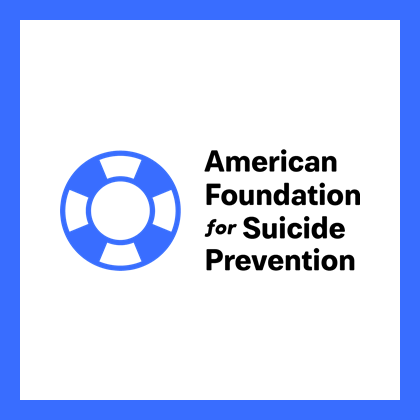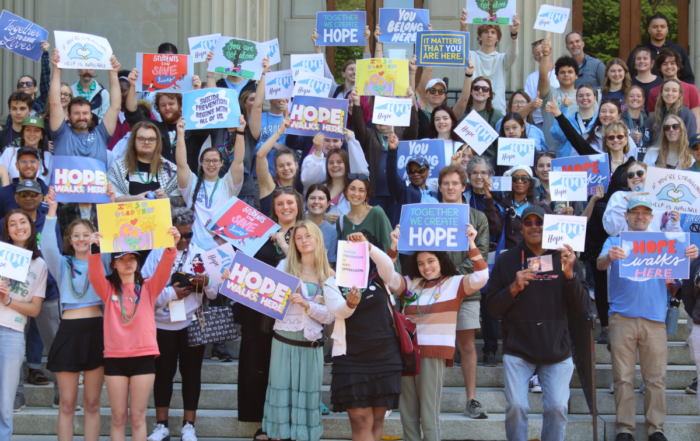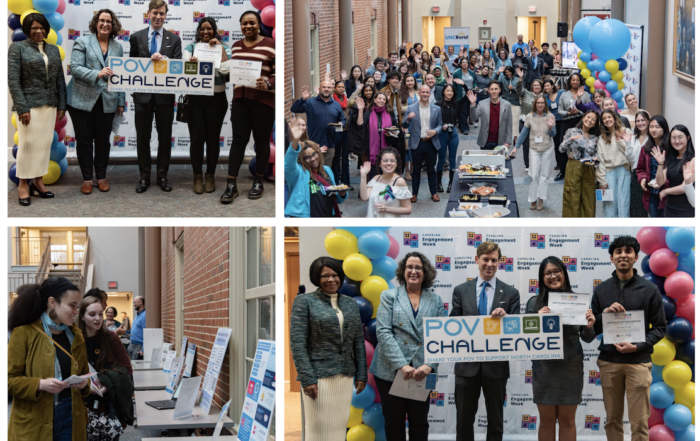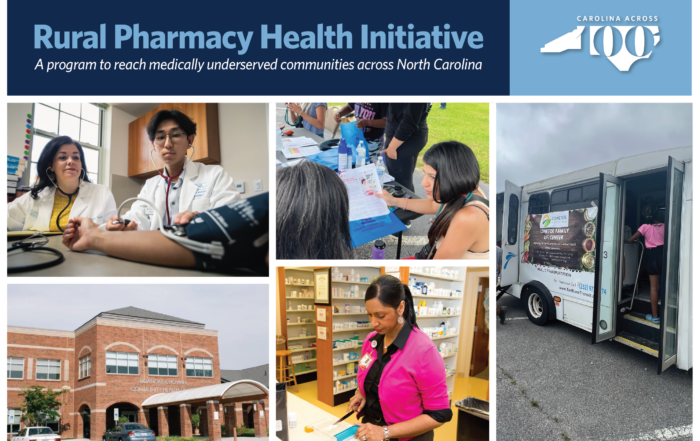Health
Ask an Expert!
Mental health leaders offer answers to the questions they’re asked most frequently
Emily Peek, ncIMPACT Initiative
March 19, 2024
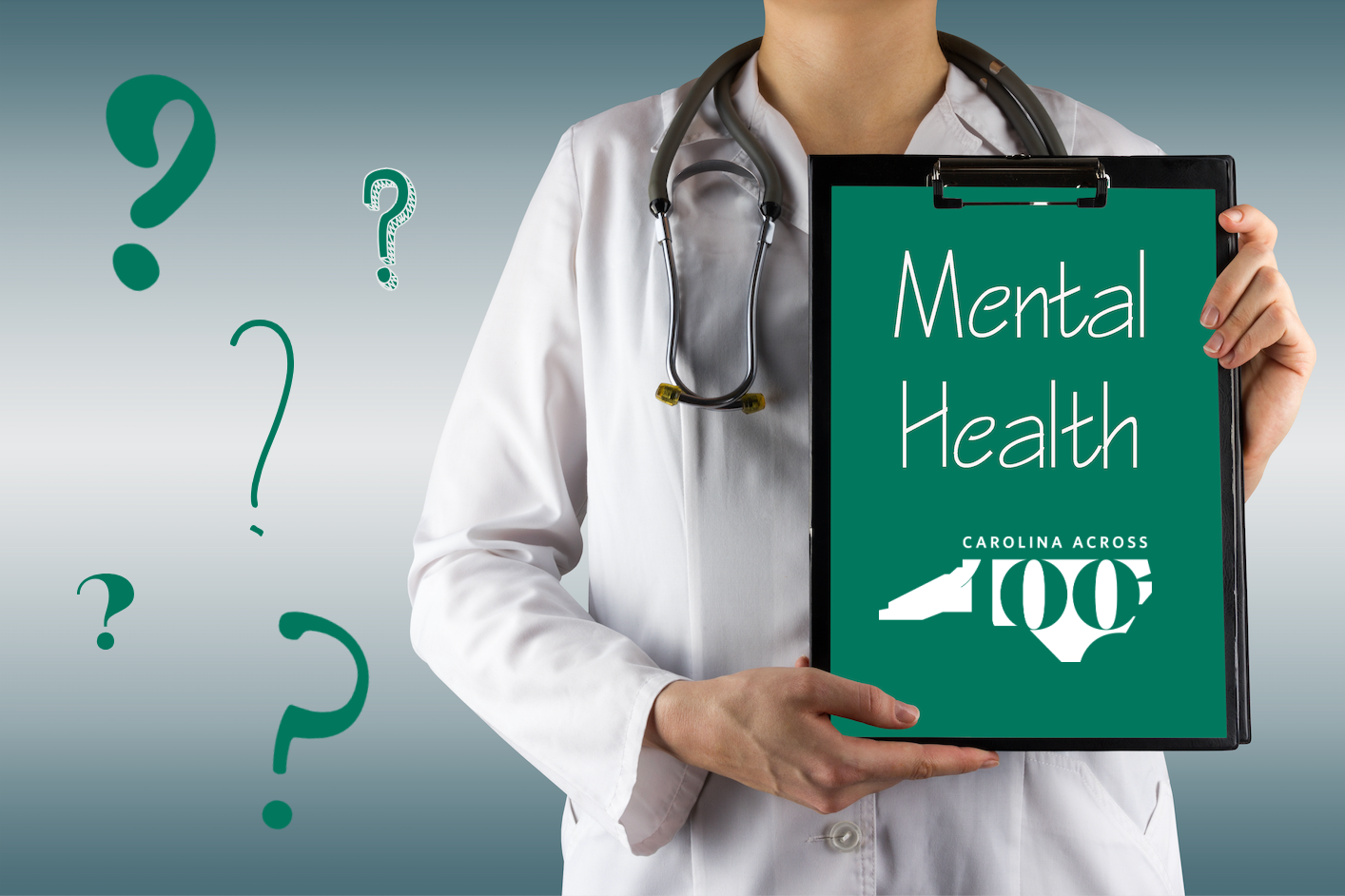
Carolina Across 100 and the UNC Suicide Prevention Institute recently gathered state mental health experts to offer an “Ask an Expert” sesion for Our State, Our Wellbeing teams at their second forum. Teams are comprised of local leaders working across sectors to collaborate on identifying and implementing strategies to improve mental health and prevent suicide in their North Carolina communities. The work isn’t easy. Every county is different and every team faces varied challenges and questions emerging from their community, so having direct access to experts helped position team leaders to take their next steps in this 12-month program. Following the session, we asked leaders to share answers to the top questions they’re asked most often.
Answers to the top questions posed to our “Ask an Expert” team of NC Mental Health Professionals and Advocates:

UNC Department of Medicine / School of Psychiatry
Child and Adolescent Anxiety and Mood Disorders Program
Expertise: child and adolescent psychiatry, general psychiatry, safety planning, crisis evaluation and stabilization
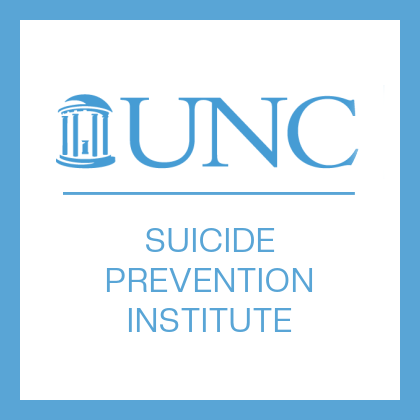
UNC School of Medicine
Associate Professor, Clinical Psychologist, Director of the Child and Adolescent Mood and Anxiety Disorders Program (CHAAMP)
Expertise: child and adolescent psychology, brief interventions to address mood/anxiety, integrated behavioral health
Board Member
AFSP North Carolina
Expertise: available mental health and suicide prevention resources and programs
Stay connected with they Our State, Our Wellbeing program to keep learning about this statewide collaborative work aimed at improving mental health and preventing suicide in North Carolina.
Carolina Across 100 is a five-year Carolina initiative housed at the School of Government’s ncIMPACT Initiative. This pan-University effort, guided by the Carolina Engagement Council, will form meaningful partnerships with communities in all 100 North Carolina counties to respond to challenges stemming from or exacerbated by COVID-19. “Our State, Our Work” is the first program of Carolina Across 100, connecting young adults to living wage employment opportunities. “Our State, Our Wellbeing” is the second program, focused on improving mental health and reducing suicide in North Carolina.


